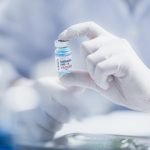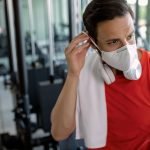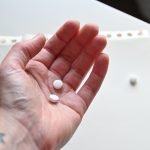How to protect your family from fraudulent flu products
The fall and winter flu season may bring out dishonest sellers hawking fraudulent products to unsuspecting consumers.
Over 30% of older people get new diseases after COVID infection
A recent study from Optum Labs in Minnetonka found almost a third (32 of every 100) of older adults infected with COVID-19 developed at...
COVID-19 in 2022: A year-end wrap-up
Omicron overstayed its welcome. At-home COVID-19 testing was routine. The bivalent booster arrived.
The past 12 months also saw the U.S. surpass more than a million...
Scientists discover a cause of long COVID fatigue
The diagnosis and treatment of long COVID syndrome (LCS) are still very difficult, and there is only a little knowledge about the factors causing...
COVID-19 vaccination more effective than natural immunity
People of all age groups benefited significantly more from vaccination than natural immunity acquired from a previous COVID infection.
As viral infections skyrocket, masks are still a tried-and-true way to help keep yourself...
Viruses that have been unusually scarce over the past three years are reappearing at remarkably high levels, sparking a “tripledemic” of COVID-19, the flu, and respiratory syncytial virus, or RSV.
Fatty liver disease linked to COVID-19, study finds
Metabolic dysfunction associated with fatty liver disease (NAFLD) affects one-in-four adults and nearly one-in-10 children worldwide. Globally, NAFLD is the most frequent kind of...
Common mental health drug may reduce COVID-19 symptoms
In a study from the University of Barcelona, scientists found that psychiatric medications can give some protection against COVID-19, with the common antidepressant fluvoxamine...
Nasal vaccines promise to stop the COVID-19 virus before it gets to the lungs...
The Pfizer-BioNTech and Moderna mRNA vaccines have played a large role in preventing deaths and severe infections from COVID-19.
But researchers are still in the...
Scientists find effective drug for diseases from COVID-19 to common cold
In a study from UBC's Life Sciences Institute, scientists found a compound that shows early promise at halting infections from a range of coronaviruses,...










